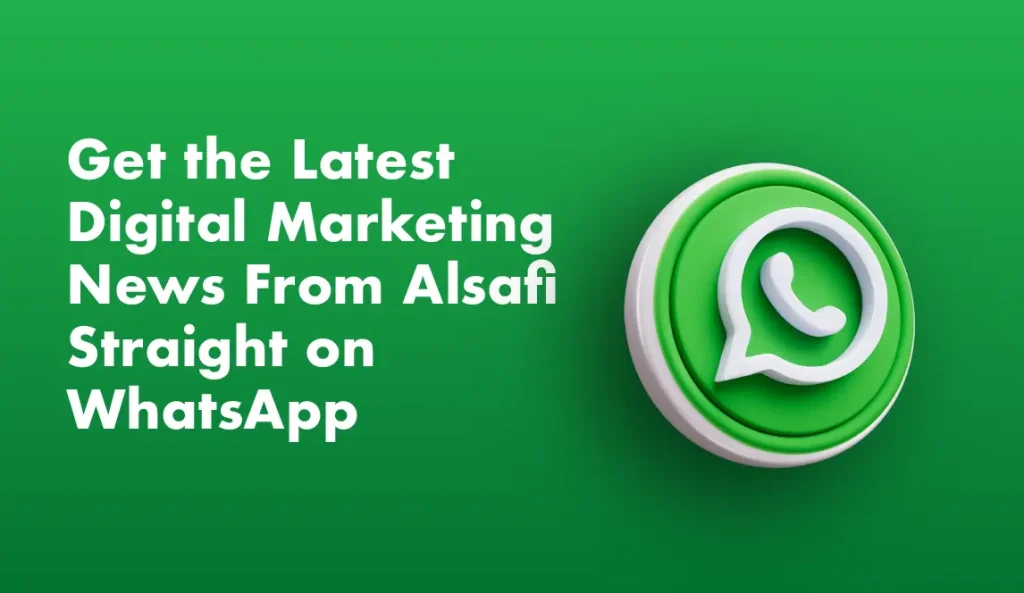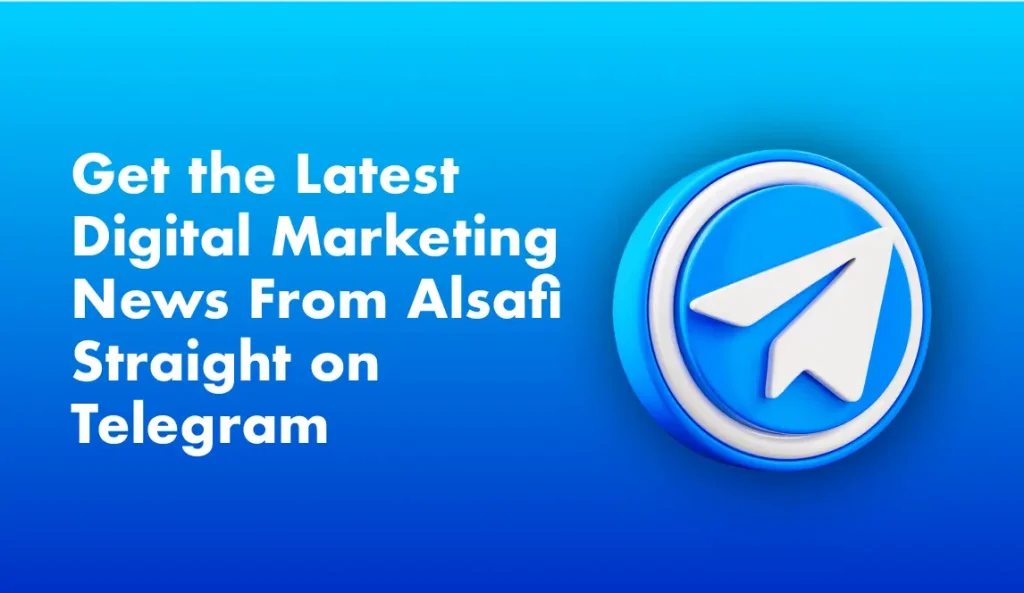Meta, the parent company of Facebook, Instagram, and WhatsApp, has released its 2024 Year in Review, highlighting significant advancements in artificial intelligence (AI), augmented reality (AR), and content moderation strategies. These developments are poised to influence digital marketing strategies, particularly in the Middle East, where social media engagement continues to rise.
Advancements in Artificial Intelligence
In 2024, Meta introduced Meta AI, an advanced AI assistant built using Llama, the company’s open-source AI model. Integrated across Meta’s platforms, Meta AI assists users in tasks such as trip planning and studying. The company reports that Meta AI is on track to become the world’s most used AI assistant by the end of the year, with nearly 600 million monthly active users.
This widespread adoption underscores the growing importance of AI in enhancing user experience and engagement on social media platforms.
Introduction of Orion Augmented Reality Glasses
At the 2024 Connect conference, Meta unveiled Orion, its first pair of augmented reality glasses. Initially intended for consumer release, the complexity and cost of manufacturing led the company to produce a limited number for internal use.
While not immediately available to the public, Orion represents Meta’s commitment to AR technology, which could open new avenues for immersive marketing experiences in the future.
Shift in Content Moderation Policies
Meta announced a significant shift in its content moderation approach by ending its third-party fact-checking program on Facebook and Instagram. The company plans to adopt a “Community Notes” model, similar to the system used by X (formerly Twitter), allowing users to add context to potentially misleading posts. This transition aims to prioritize free expression and reduce policy enforcement mistakes.
Additionally, Meta has relaxed its rules concerning hate speech, particularly related to sexual orientation, gender identity, and immigration status. This change is influenced by recent elections and aims to simplify content policies.
These policy changes have sparked debate among online safety advocates and political figures, highlighting the ongoing tension between free expression and the need to protect vulnerable communities from harmful content.
Implications for Marketing Managers in the Middle East
The Middle East’s digital landscape is characterized by a young, tech-savvy population with high social media penetration. Meta’s advancements in AI and AR, along with its evolving content moderation policies, present both opportunities and challenges for marketing professionals in the region.
Leveraging AI for Enhanced Engagement
The integration of Meta AI across platforms offers marketers the opportunity to develop more personalized and interactive campaigns. By utilizing AI-driven insights, brands can better understand consumer behavior, optimize content delivery, and improve customer interactions.
To explore this topic further, check out our Meta Expands AI Features with Voice, Vision, and Business Tools for more insights.
Exploring Augmented Reality Experiences
While Orion AR glasses are currently limited to internal use, Meta’s investment in AR technology indicates a future where immersive experiences become mainstream. Marketers should begin exploring AR applications, such as virtual try-ons or interactive advertisements, to stay ahead of the curve and engage audiences in innovative ways.
Navigating Content Moderation Changes
Meta’s shift to a Community Notes model and relaxed content policies require marketers to exercise increased diligence in content creation and dissemination. Ensuring that marketing materials are accurate, culturally sensitive, and compliant with platform guidelines is essential to maintain brand integrity and consumer trust.
Key Takeaway for Marketing Managers
Meta’s 2024 developments underscore the dynamic nature of digital platforms and their impact on marketing strategies. By embracing AI and AR technologies, marketers in the Middle East can craft more engaging and personalized experiences for their audiences. However, with the relaxation of content moderation policies, it is crucial to maintain ethical standards and cultural sensitivity in all marketing communications to navigate the evolving digital landscape effectively.



